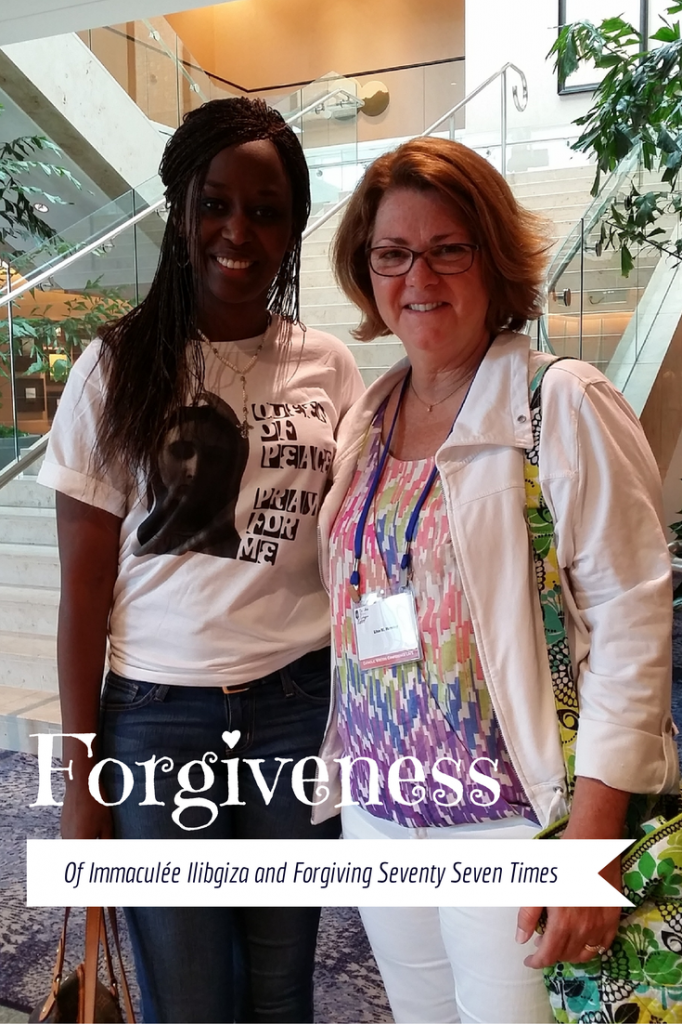Today, I continue my 100 day series remembering the twentieth anniversary of Rwandan genocide. Please join me in prayer for those lives lost and impacted in this tragedy. #NeverAgain. LMH

Today in Rwanda, the New Times published an English version adaption of an article that recently ran in Le Monde. In this article, Former French army officer, Guillaume Ancel, ends his silence on what happened during his time in Rwanda. Ancel, who was assigned to Operation Turquoise during the 1994 Genocide, speaks out on his participation in the controversial French military operation (which many believe was an effort to support the Hutu regime in power during the genocide).
Ancel’s words include commentary on why he is speaking out now:
I wanted to testify publicly on the few pieces of the puzzle that I do have, so that we may stop blinding the French people with an official version that denies the role of our nation in the Rwandan tragedy. This is an affront to the intelligence of our citizens, it tells them to “close their eyes in peace, nothing happened.”
As the whole world commemorates the 20th anniversary of the Rwandan Genocide, I had no trouble finding serious journalists who have been working for years on the subject and often had been published themselves. They were interested in my testimony and in disseminating it to the public.
In 2014, we still do not know what the real role of France was in the Rwandan tragedy. Smoke screens are carefully used to hide serious mistakes.
The one portion of Ancel’s remarks that are the most striking to me underscore again why I have continued to blog on the Genocide for the past several weeks:
How can we understand what happened and ensure that this kind of tragedy never happens again if we do not even know all the pieces of the puzzle? It is an affront to our collective intelligence that I cannot accept: the official version could not be further from the reality, of which I know only a small part. The two narratives are tragically opposed. How can one understand what one doesn’t know?
Read the article in full here.
We look back to try to understand the incomprehensible. We look back to remember the lost and to comfort the survivors. We look back to say, “never again”.
Eternal rest grant unto them, O Lord, and let perpetual light shine upon them. May the souls of the faithful departed, through the mercy of God, rest in peace. Amen.










